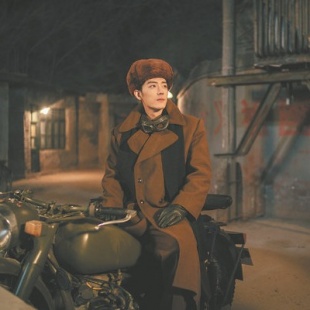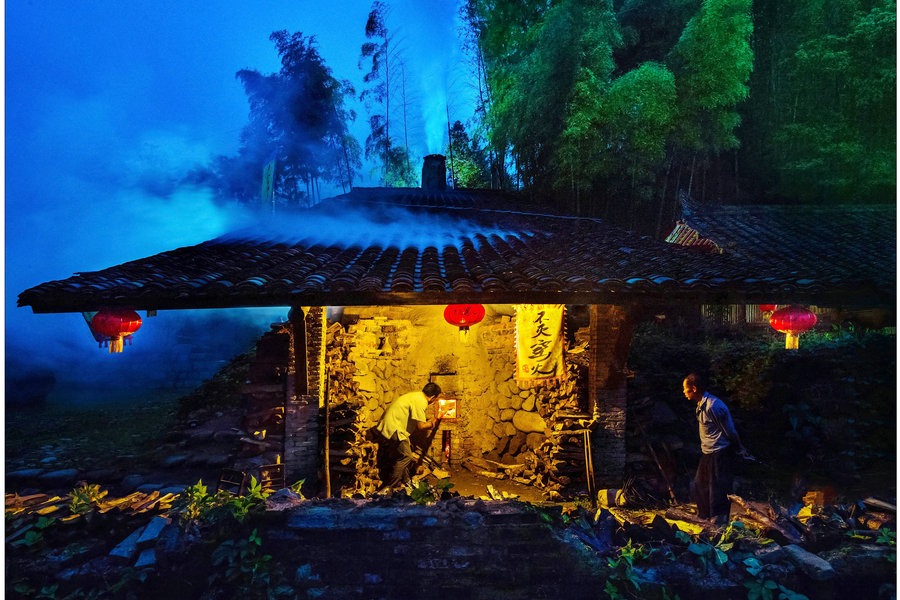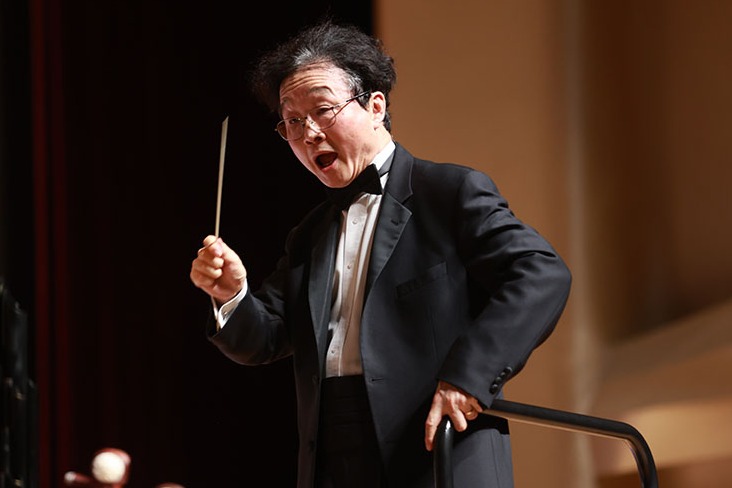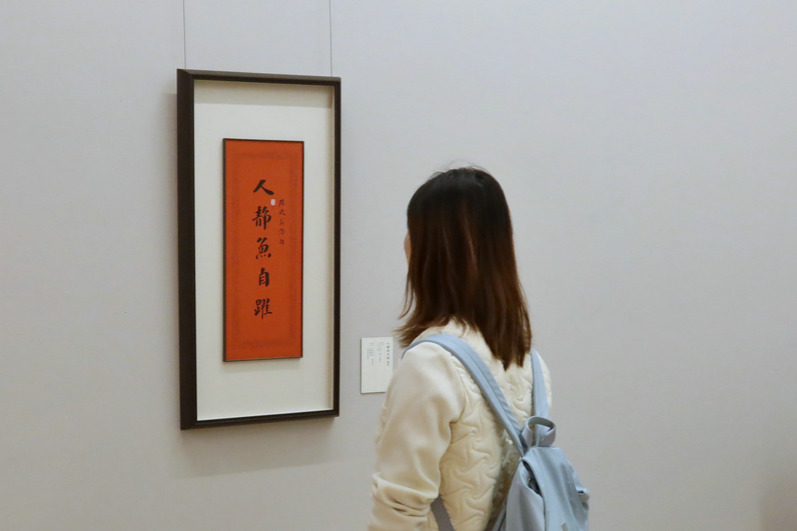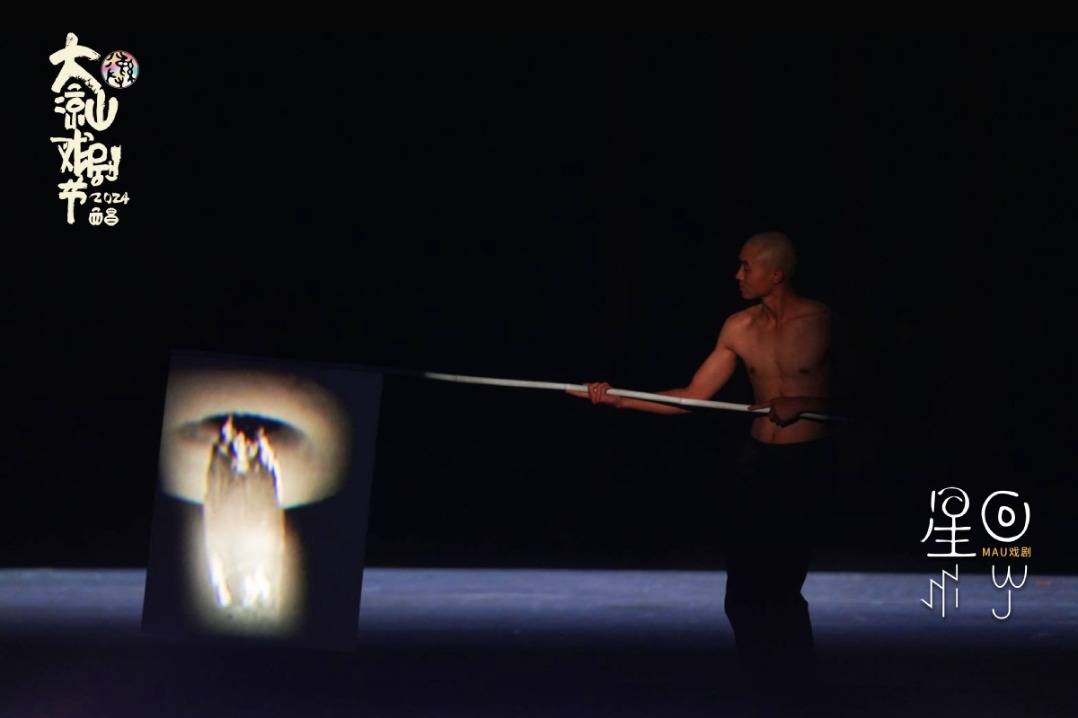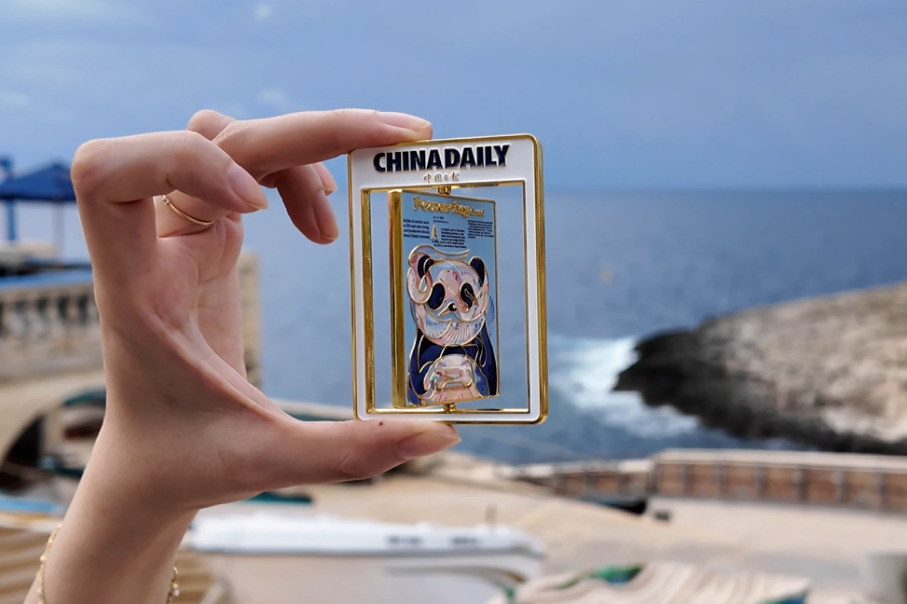The way we were

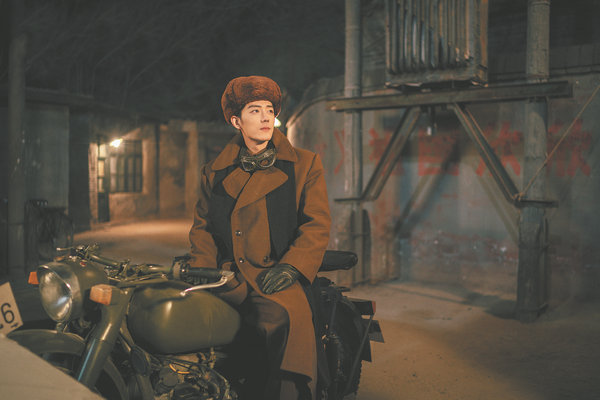
TV series taps into nostalgia of bygone era and the sense of optimism that captivated China's youth in 30 years.
As winter descends, the frozen Shichahai ice rink becomes a stage for young individuals gliding carefree across its surface. The profound contrast between the frigid ice and the passionate fervor of the young skaters creates a captivating tableau.
The youthfulness of this cohort finds its genesis in Shichahai, where their emotions and destinies will become intricately woven together. Over the next three decades, their fates will undergo a continuous metamorphosis, mirroring the relentless changing of the times.
This is the narrative that unfolds in the domestically produced drama The Youth Memories, a 38-episode television series that was broadcast on both China Central Television and Tencent Video this year.
Directed by Fu Ning and starring Xiao Zhan, Li Qin, Liu Ruilin, Cao Feiran, Zhao Xin and Cui Hang, the drama is set in Beijing in the 1970s and tells the story of a group of young people who grow up, pursue their dreams, and struggle during the early period of reform and opening-up.
This series has captivated attention since its casting and production to its on-air debut. The conscientious craftsmanship of the production team, evident in details like costumes and props, coupled with the dedicated performances of the group of young actors, has resulted in the show achieving both impressive viewership ratings and positive acclaim.
Yang Chenghu, a professor from Beijing Normal University, comments that the series not only provides a snapshot of a bygone era, but also preserves a love story etched deep within the memories of an older generation.
Through its vibrant portrayal of ambitious and dynamic young characters, it gives play to the anthem of youth, conveying profound reflections on the spirit of the times and the essence of life, Yang says.
Zhou Xiaoxiao, chief editor of the drama, says her goal is for the show to resonate with the memories of older generations, while simultaneously helping the younger generation comprehend an era where warmth and challenges coexisted.


